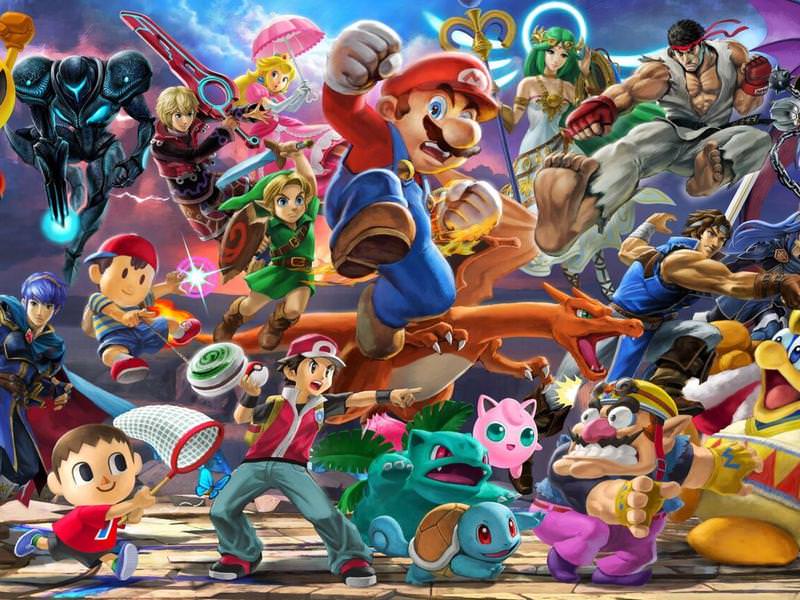NEWS: ‘Mass Effect 3’ Ending Causes Fanbase Backlash

Mass Effect 2 (Image courtesy of EA)
In the last few years, gamers have become increasingly more demanding of their developers. This is in part due to the amount of patching (bugs in the game that are fixed via the instillation of additional software after the game has been bought and paid for by the customer), and downloadable content (DLC – add-ons for each title that open up content, for a fee of course). Now, due to the explosive controversy brought about by the disappointment over the ending of marquee title Mass Effect 3 gamers are seemingly free to hound developers into changing the ending to an entire franchise if they do not happen to enjoy the one that they originally had in mind.
The controversy first began once the leaked ending of Bioware’s flagship release in early March caused a huge uproar amongst the legion of fans, arguably one of the biggest backlashes in the industry’s history. Most every fan of the series complained about the ending, and to appease the angry mob, Bioware then decided to change the ending – just like that.
“It’s incredibly painful to receive feedback from our core fans that the games’ endings were not up to their expectations,” Bioware co-founder and general manager Ray Muzyka said in a statement. “Our first instinct is to defend our work and point to the high ratings offered by critics — but out of respect for our fans, we need to accept the criticism and feedback with humility.”
Simply, this is something that has never been done before. The fans were able to get a game changed simply by causing enough of a fuss. This will now set a tone for others fans of other games, with customers realizing that they have the capacity to compel a developer to change a game on their behalf if they do not like it.
This also affects many who write and have created ambiguous endings as an artistic style. While many of us see games as just another play-toy, games have steadily increased in both ambition and complexity to the point where they must surely be considered as an art form. “Like the protected books, plays, and movies that preceded them, video games communicate ideas — and even social messages,” said Supreme Court Justice Antonin Scalia when addressing the ongoing debate over simulated violence.
The notion of video games as art has even translated into an exhibit at the Smithsonian. Huge strides forward in technology mean programmers are being given more and more ability to make games that not just entertain but mesmerize the audience. Look at how a game such as Journey can captivate an audience by using non-conventional means. A decision to change something as critical as an ending will now give fans the ability to change anything they do not like.
Now, with this decision Bioware has opened up a debate – Video Games as an Art, vs., Fans and customers being able to get what they want (and have paid for). The Average Joe on the street will likely not notice this, nor feel its impact, but what will happen when something as crucial as being able to effectively market your product to profitability interferes with the way a developer wants to present the game? Yes, there are many that complained about the ending, Bioware did its best to explain why it was the ending they wanted to make, and they were overruled. If a customer can demand that any aspect of any product they dislike be altered to their satisfaction, what is next for video games and for consumerism in general?





